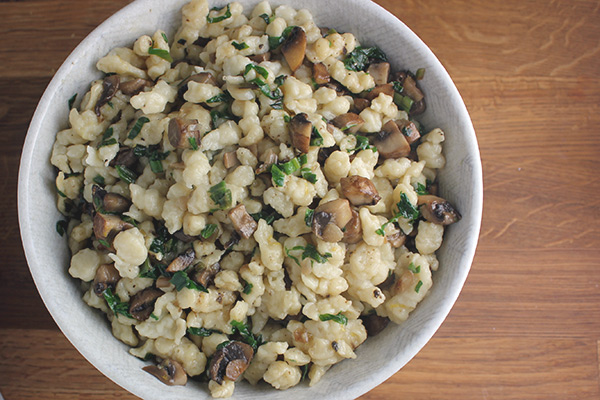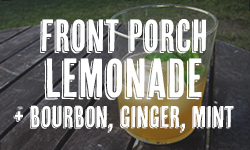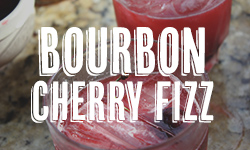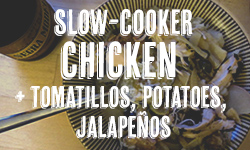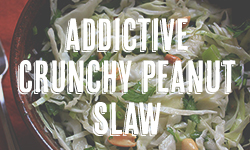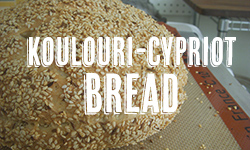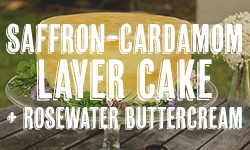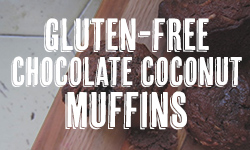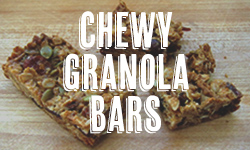Perhaps you know that I “speak German.” By that I mean that at one point in my life I actually did have a legitimate handle on the German language, and that now I know a very strange selection of vocabulary and just enough grammar that I’m able to engage in rudimentary communication while traveling in German-speaking areas. Basically I speak some bastardized version of German, and generally bring it out under two circumstances: 1) when asked specifically to do so, and 2) when under the influence of Bier. I don’t know what I ever thought I would do with German when I first started taking classes back in junior high, but it is a particularly fun thing to do while drinking beer.
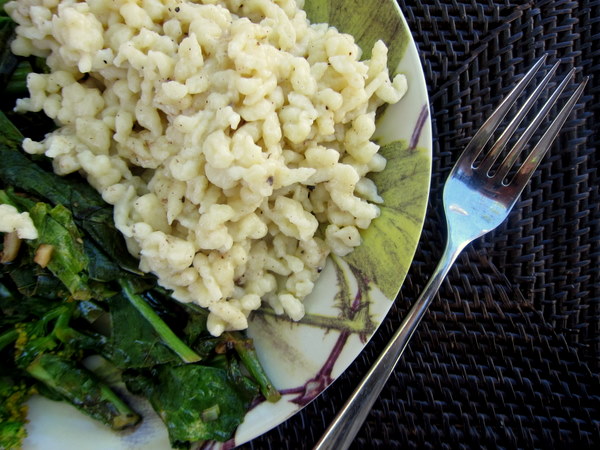
Eisgekühlter Bommerlunder, Bommerlunder eisgekühlt. Eisgekühlter Bommerlunder, Bommerlunder eisgekühlt. Ein belegtes Brot mit Schinken (SCHINKEN!), ein belegtes Brot mit Ei (EI!). Das macht zwei belegte Brote, eins mit Schinken und eins mit Ei!
A particularly enjoyable drinking song. A particularly enjoyable drinking song that I learned in high school German class. We didn’t know it was a drinking song at the time (and I’m guessing the school district didn’t either), and we also didn’t know that “eisgekühlter Bommerlunder” meant “ice cold schnapps.” But the entire song consists of that set of lyrics, sung over and over with increasing volume, and a bunch of teenagers thoroughly enjoyed yelling about schnapps and sandwiches up and down the halls of the language department.
So before we continue, please go here and watch the music video.
You may remember that I had particularly enjoyable culinary experiences while in Germany and Austria last summer. We ate bread, we ate cheese, we drank wine, we drank beer, we ate sausages of all shapes and sizes and flavors. We even ate some vegetables. We ate it indoors, we ate it outdoors, we ate it on the street, and we ate it in fancy restaurants. I hadn’t expected such a variety of types of food and flavors, especially when American German food generally consists of sausage, potato, sauerkraut, and beer. Unfortunately we haven’t recreated nearly as much of this food as I thought we would, but every once in a while I like to put something on the plate in front of me that reminds me at least a little of the lovely two weeks we spent roaming the cities and the countryside of Austria and Southeast Germany.
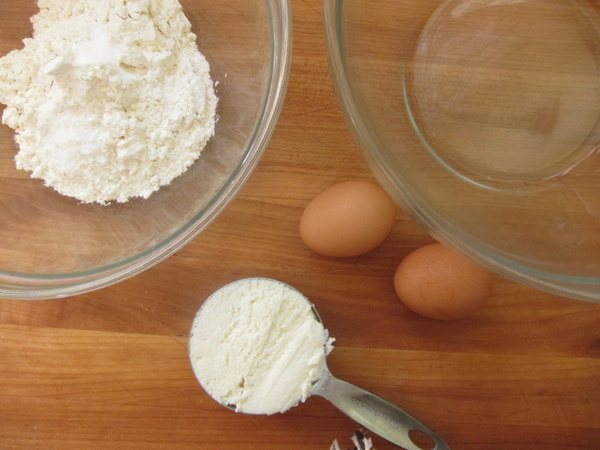
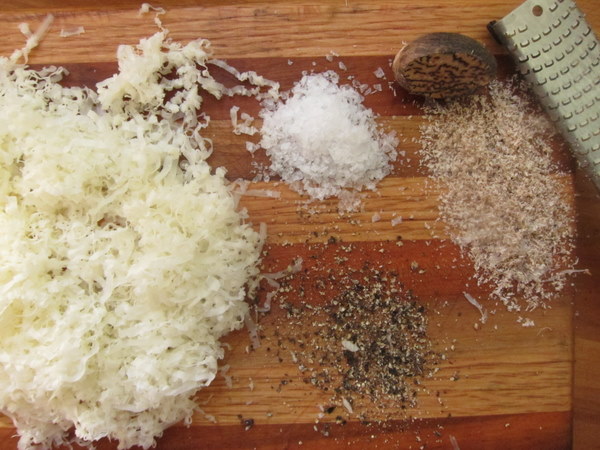
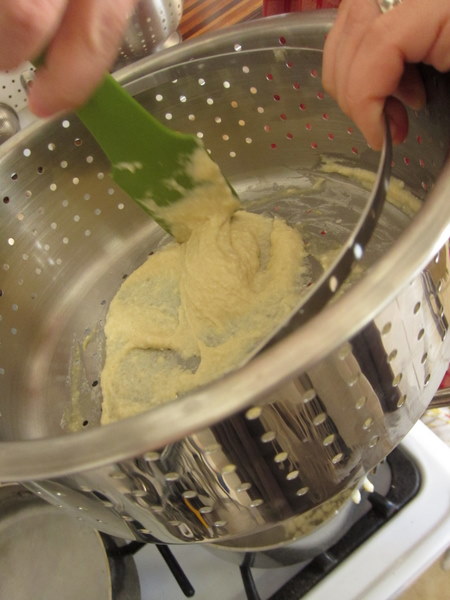
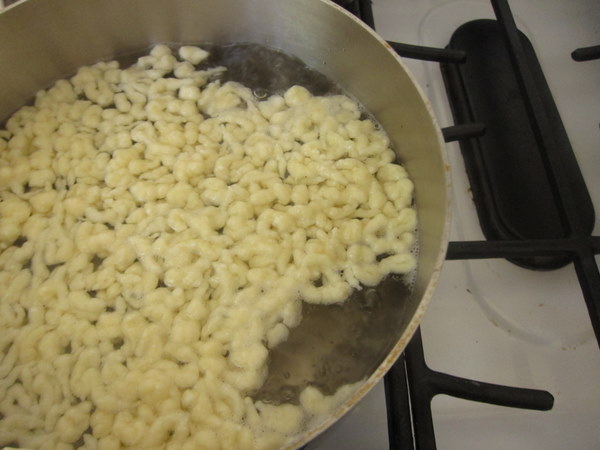
This is actually a recipe I first posted way back in 2007, shortly after starting this site. I hadn’t made it in quite a while, but pulled it out last weekend as a quick lunch before heading into LA to teach a class. I’m hoping to see it on our table a lot more in the future, since it’s pretty simple to put together and makes a perfect starchy accompaniment to cooked vegetables or meats. Fluffy, creamy, and flavorful, and a willing vehicle for many different flavors. You can also add herbs and spices to the dough, if you like. It’s a wonderful substitute for pasta or other basic starches, and definitely something a little different (read: impressive) for guests.
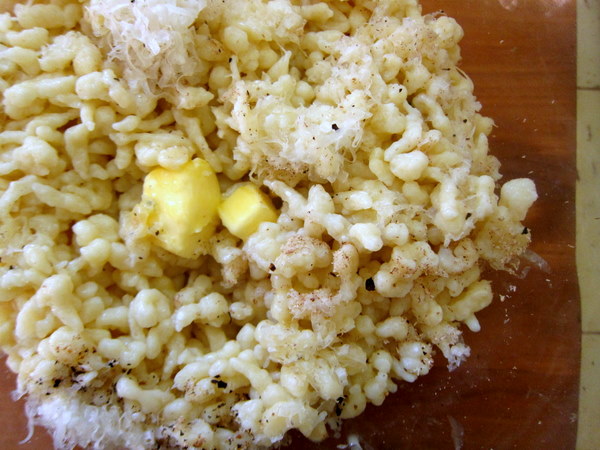
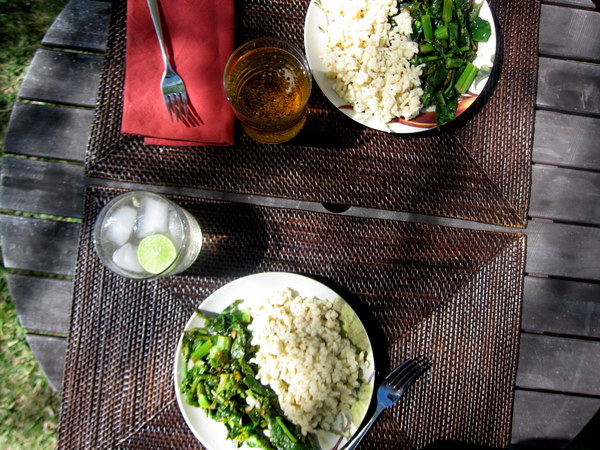
I should note that this certainly isn’t a traditional Spätzle recipe (pretty sure it didn’t originally include ricotta) – and to be honest I haven’t tried many other recipes – but I know that this is good. There are also many options for making the little dumplings and getting them into the pan of water – see a good overview here. I’ve tried a few different methods using equipment we already have at home (including the potato ricer), and have found that spreading it through the colander or the steamer insert we have is a pretty efficient option. You can always thin the batter a little if it seems a little too hard to get through what you have.
Spätzle
- 1 cup flour
- 1/2 tsp. salt
- 2 eggs
- 1/2 cup ricotta cheese
- 2 Tbsp. water
- Suggested flavoring (optional and to taste): 1 Tbsp. butter, 1/2 cup grated gruyere, 1 tsp. ground nutmeg, salt and pepper
– Set a medium (~3 quart) pot of water to boil.
– Whisk together the flour and salt in a medium bowl.
– Whisk together the eggs, ricotta, and water in a large bowl until smooth and frothy.
– Add the flour mixture to the egg mixture and whisk to combine.
– To make the spätzle, you need to drop tiny strands or balls of dough into the boiling water for about 2 minutes. You want them to float, then to cook them for at least another 30 seconds or so. There’s a variety of ways to do this, and I’ve tried a few of them. The most common two methods seem to be: 1) You can use a rubber spatula to push the dough through the holes of a colander into the boiling water, using a slotted spoon every minute or so to take out the ones that are done. You most likely need to hold the colander up above the pot while you’re doing this, otherwise the steam will cook the batter you’re trying to push through. But you can experiment with this. 2) You can use a ricer or a spätzle mold/press (which looks almost exactly like a ricer) to press dough one-handed into the pot, and use scissors or a knife to cut them into bits as they come out the bottom of the press. Depending on the size of the holes in your press, you may need to adjust the dough to be firmer/dryer or looser/more moist.
– After you’ve removed the cooked spätzle from the water, toss it with the seasonings/flavorings of your choice. Butter, gruyere, ground nutmeg, salt, and pepper is pretty traditional, but you could mix in meats, vegetables, or a variety of sauces. It might get a bit dry/clumpy without some sort of butter or oil tossed in.
*Directly translated, this means: Ice cold schnapps, schnapps ice cold. One sandwich with ham (HAM!), one sandwich with egg (EGG!). That makes two sandwiches, one with ham and one with egg.
